Happy Sunday, all! Thanks for your kind words about the new blog look. I’m delighted that you guys like it, and to those of you who were accustomed to the old look, and miss it, don’t worry: we’ll all adjust soon! There are still some small wrinkles being ironed out on the site, so if anything isn’t working, you can count on it being fixed soon (and if you notice that something’s still funky by the end of this week, holler and I’ll be sure to look into it).
As the weekend wraps up, perhaps you’ll find distraction in the following recipes and reads.
There’s nothing like a good vegan sloppy Joe recipe. Erin’s version–which has a spicy kick–looks fantastic.
Sunchockes: an ingredient I don’t use nearly enough. This gorgeous, minimalist salad of sunchokes, mushroom, tarragon, and chive oil is plenty inspiring.
Speaking of salad, Ricki’s kale, fennel, and radicchio salad with “buttermilk” dressing is totally crave-worthy.
I absolutely love raw falafel (it’s one of my favorite raw recipes), and I also love beets, so I’m basically freaking out for Amy’s raw beet falafel.
Finally, Emma’s vegan blueberry power smoothies look absolutely fabulous, and so refreshing.
Reads
1. A New York Times article about our persistent fascination with devices and gizmos promising instant slim downs. Incredible that these still exist, and are still so alluring.
2. I’ve written about David Katz in the past, and mentioned what a great fan I am of his work. Part of what I admire so much about Katz and his approach is that he simply refuses to be dazzled by fad diets, extremism, and alarmism, all of which dominate today’s nutrition dialog (and, if you ask me, it’s getting worse and worse). Katz recently conducted a review of popular diets for the scientific publisher Annual Reviews. It’s entitled “Can We Say What Diet is Best For Health?” and if you care to read it, you can do so here. The findings aren’t really surprising: it’s nearly impossible to deem one single diet best, because there are few methodologies available to compare these diets that don’t involve compounding or bias. But there are common elements shared across certain eating patterns that are proven to be beneficial to health: “A diet of minimally processed foods close to nature, predominantly plants, is decisively associated with health promotion and disease prevention.” Katz also notes that strict low-fat diets have no more evidence than diets that are high in healthful fats, and that a diet with moderate intake of healthful fat may provide more Omega-3 fatty acids. He also notes that carb-selective diets–those in which whole grains are emphasized, rather than refined grains–have more proven benefits than low carbohydrate diets.
In other words, eat food, not too much, mostly plants. And everything in moderation.
In spite of the fact that evidence continues to validate these simple, sensible, and time honored notions, extremist diets continue to capture public imagination. I’m thinking here about extremely low carb diets, juice fasting, elimination diets, and–I might as well say it–100% raw food diets (there are of course many other varieties of dietary extremism, but these are the ones I stumble across most). As someone who understands intimately the appeal of extremism, I get it. But I hope that these kinds of articles remind folks that eating a balanced array of wholesome foods, including many plants, continues to be a sane and powerful approach to disease prevention.
3. Not really health or nutrition related, but I found Olga Khazan’s article about the S word (that’d be “slut”) to be thought provoking. And I think it’s a really important topic. That language that women use to describe other women (not that men don’t use the word slut, but the article is more concerned with women and their lexicons) is potent, and often quite damaging.
4. You have to be a Scientific American subscriber to read this article in its entirety, but if you can get your hands on a copy (or subscribe), it’s worth checking it out. It concerns new efforts to harness the power of herbal medicine in combating such diseases as malaria, and it reveals some very promising findings.
5. A fascinating article about the mind/body connection in healing. I was particularly interested because the article touched upon IBS–a condition I’ve lived with since my very early teens–several times:
In a recent study, Ted Kaptchuk of Harvard Medical School in Boston and his colleagues gave people with irritable bowel syndrome an inert pill. They told them that the pills were “made of an inert substance, like sugar pills, that have been shown in clinical studies to produce significant improvement in IBS symptoms through mind-body self-healing processes,” which is perfectly true. Despite knowing the pills were inert, on average the volunteers rated their symptoms as moderately improved after taking them, whereas those given no pills said there was only a slight change.
“Everybody thought it wouldn’t happen,” says the study’s co-author Irving Kirsch, a psychologist at the University of Hull. He thinks that the key was giving patients something to believe in. “We didn’t just say ‘here’s a sugar pill.’ We explained to the patients why it should work, in a way that was convincing to them.”
Later, the article describes the work of Professor Peter Whorwell, who studies the impact of hypnotherapy on IBS treatment:
IBS is considered a “functional” disorder—a rather derogatory term used when a patient suffers symptoms but doctors can’t see anything wrong. Whorwell felt that his patients, some of whom had such severe symptoms they were suicidal, were being let down by the medical profession. “I got into hypnosis because the conventional treatment of these conditions is abysmal.”
Sadly, I wasn’t surprised that Whorwell has seen IBS patients who are beside themselves. Though the condition is quite common, it can be ruinous to quality of life. In my years of coping with it and now working with a patient population in which it’s very common, I’m constantly amazed at how serious IBS can be, even if it’s classified as a “functional” disease, and dismayed at how dismissive health care practitioners can be.
Fortunately, I’m also unsurprised to hear that Whorwell’s results with hynoptherapy have been very promising. In 2007, I participated in a study of the impact of hypnotherapy on IBS treatment. The study, which involved longterm follow up by the lead gastroenterologist, was published in 2011. I was one of 75 patients, and 60% of us–myself included-had a perceived pain reduction of more than 50 points (indicative of clinical improvement). So I’ve experienced firsthand the power of the mind/body connection when it comes to healing.
Of course, I don’t believe that hynotherapy, placebo medicine, or any other single intervention can be a cure-all. But a multi-pronged, integrated approach to health care–one that includes these approaches in addition to diet, lifestyle changes, and pharmaceuticals, if necessary–can be powerful indeed.
Hope you enjoy the reads. Finally, don’t miss this week’s New Veganism column, in which I chat all about vegan sandwiches, and feature this awesome smoky tempeh and hummus sandwich:
So. Good.
Happy Sunday, friends.
xo
You might also like
Things I love: winter. Waking up to thick flurries of snow. Chatting with my bestie. Texting with JL. Making soup. Midday multitasking between horror movies and work. Licorice tea. In basically every way, it has been a picture perfect Sunday. Here’s my selection of food and words for you this week. These chocolate chestnut mousse tarts with shortbread crust look absolutely insane. They’re so beautiful, I’d be almost sorry to eat one, but Ricki, if you feel like bringing a batch over, I’ll…
It seems to be a pattern lately that I’m not getting weekend reading up until Monday, which to some extent defeats the purpose. But is there ever a bad time for delicious recipes, mouth-watering photos, and thought-provoking reads? Nope. I hope you’ll all enjoy this week’s picks. Rather than ending with dessert, which is what I usually do, I think I’ll start with it. My friend Jackie shared a recipe from the lovely Emily’s new book, Rawsome Vegan Baking, and it looks cray…
We had almost a 50/50 split on the question of whether I should work some product finds/reviews into Weekend Reading or not. In the end, I think I agree with a bunch of my readers that the weekend reading series is pretty complete on its own. So from now on, close to the start of each month, I’ll share 10 new finds–be they products, recipes, books, or whatnot. Should be a fun new addition to the blog! For now, another edition of weekend…
Only a week ago, I was on my way to upstate NY for Melissa’s beautiful wedding. The time has flown since then, filled up by words and friends and bouncing around New York. Yesterday, I was reunited with Chloe (whom I haven’t seen in over a year — a record for us, and much too much time), which was wonderful, but I apologize for being a little MIA. Here’s my weekly roundup of favorite recipes & reads. Elenore’s Warm Whole Bean Farro Salad…


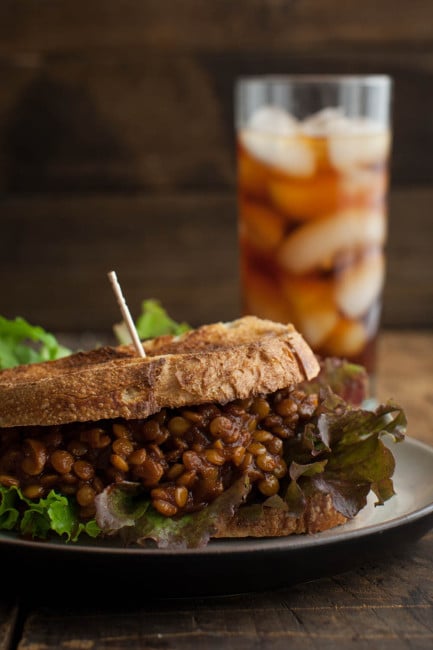
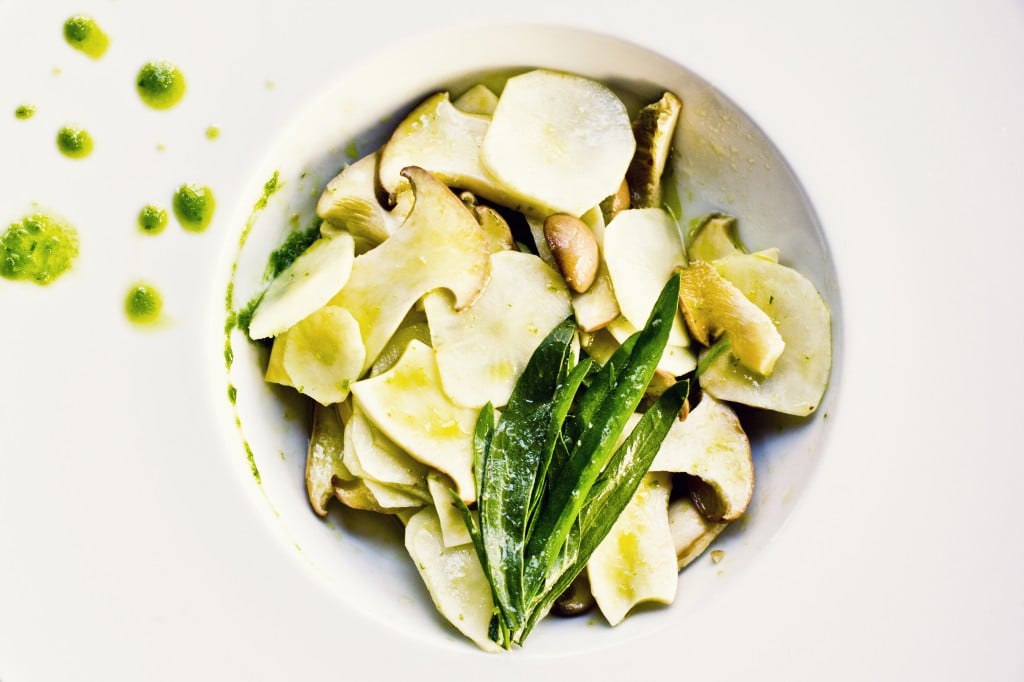
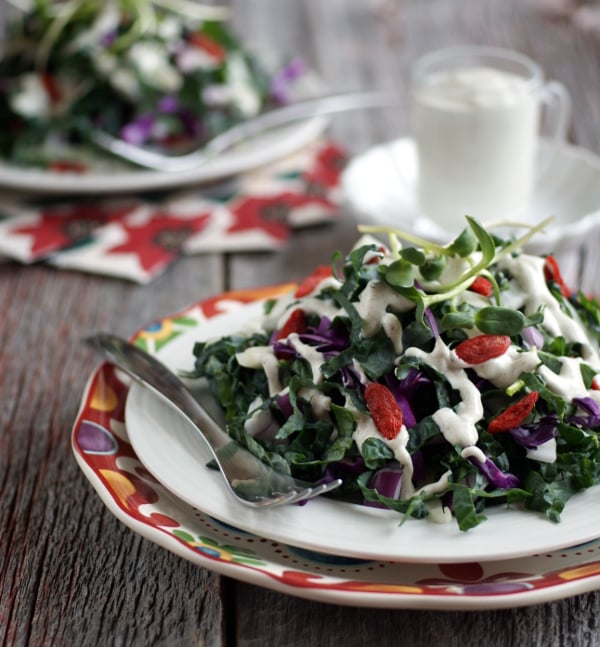
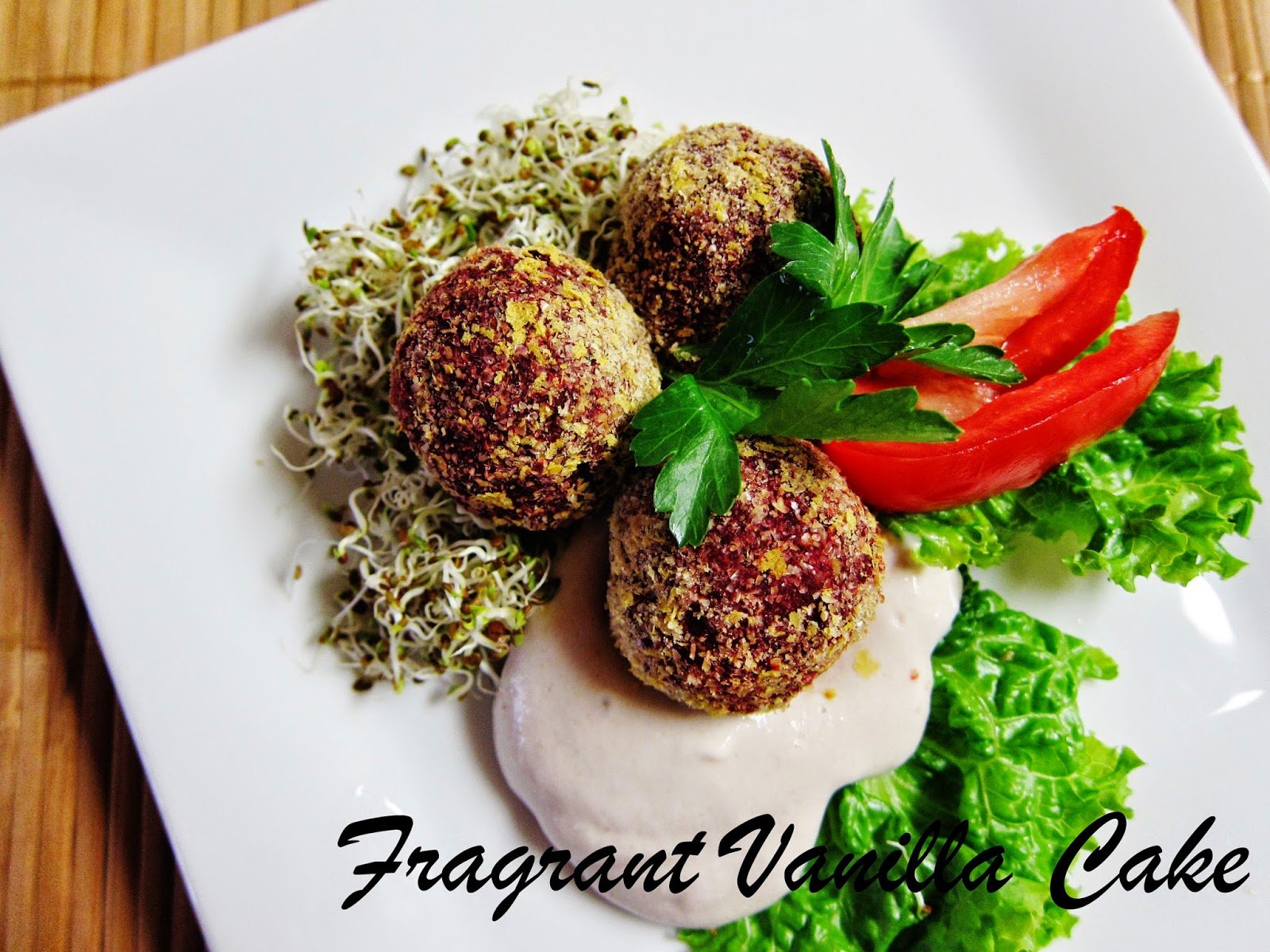
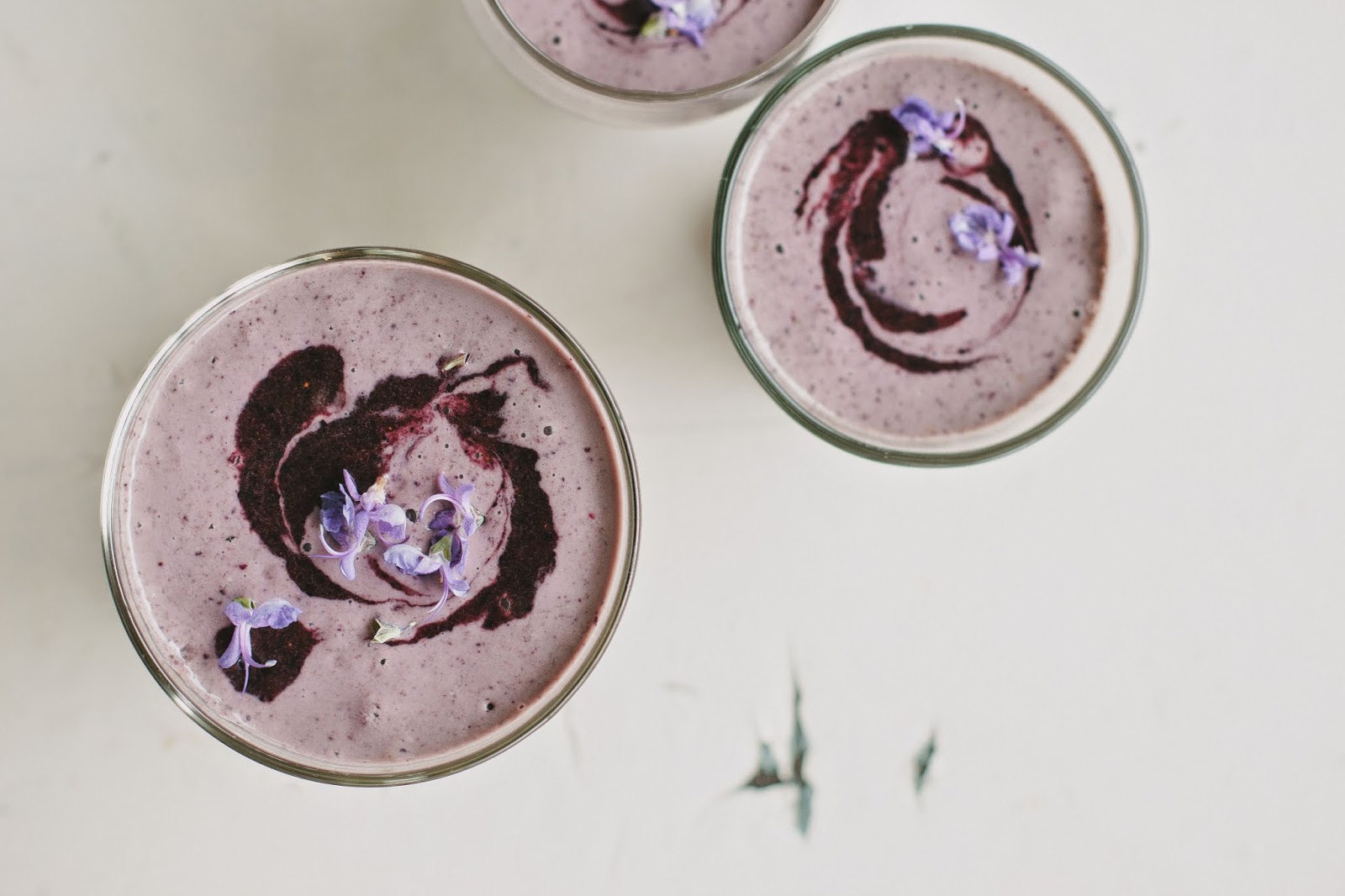

Leave a Comment
Love your blog. I agree pet recipes would be an awesome addition to your site.
Do you have any articles on the benefits of Raw food for pets, I know that there should be some nutritional value for my Dog, but I would also like to know what is safe and what is not.
Thanks for the good ideas 🙂 I has been fun reading all of the recepies you have share 🙂
Been reading your blog for quite a while. Great stuff and thanks for all the recipies.
Jessica
What a great new look…The tempeh and hummus sandwich looks delicious 🙂
By the way love thie brain pic hehe
Lisa
That tempeh sandwich looks amazing. I’m so sad that I can’t get tempeh anywhere near where I live :(. I’ve never even tried it!
I’ve read quite a bit about ‘the most healthy diet’ in the past (fuelled by my eating disorder) and I agree with your summery. Mainly plants. Always whole foods where possible. I also think not stressing ourselves is really key too! Most of these countries with high longevity rates (apart from genetics), live a slow paced life and have a great sense of community to them.
Thank you so much for sharing. The links were great to read and I totally agree with you about moderation also needs moderation… 😉
First of all, I adore the new look, Gena! I also really love the article on IBS. I was first diagnosed with it in the second grade and have struggled with it since. Honestly what made the difference for me was eliminating cow’s milk from my diet at age 17, being completely vegan during the first year or so of my recovery from my eating disorder, and working on my stress. I’m no longer a strict vegan but I’m still a vegetarian and as of late (the last year really), my IBS has been under control (very thankful!). It was so demoralizing though to visit doctor after doctor who treated me like I didn’t have a ‘real’ problem because traditional tests came up fine. I think the mind/body connection played a huge role in my own healing as well, but I don’t think that connection makes IBS an ‘illegitimate’ disease, if that makes sense! Excellent post as always! <3
Thanks Gena…one question. Do you think I could use grated beets in the raw falafel recipe?
Great round-up, Gena. I love how you link to the real journal articles. 🙂 IBS is such a treatment conundrum. Placebo helps, as you state. There’s also a study that showed IBS patients want scopes, and feel better with a negative result. The conundrum is offering a scope when you know it will be negative. In the US, fee-for-service MDs, probably have no qualms with such requests, but with limited resources, I can’t think it is warranted. Anyways, I think antibiotics and FODMAP diets have also linked to help IBS and possibly even a referral to psych, in some cases. Of course, it is a complex issue, spurred by the latest pro-FODMAP article questioning the gluten link.
Love these Weekend Reading posts, Gena! Thanks for a great roundup, as usual. And those blueberry smoothies–!!! Thanks for including my Kale & Fennel Salad, too. 😀 xo
Thanks for the recipe collection and and reads. The tempeh sandwich loks awesome 🙂